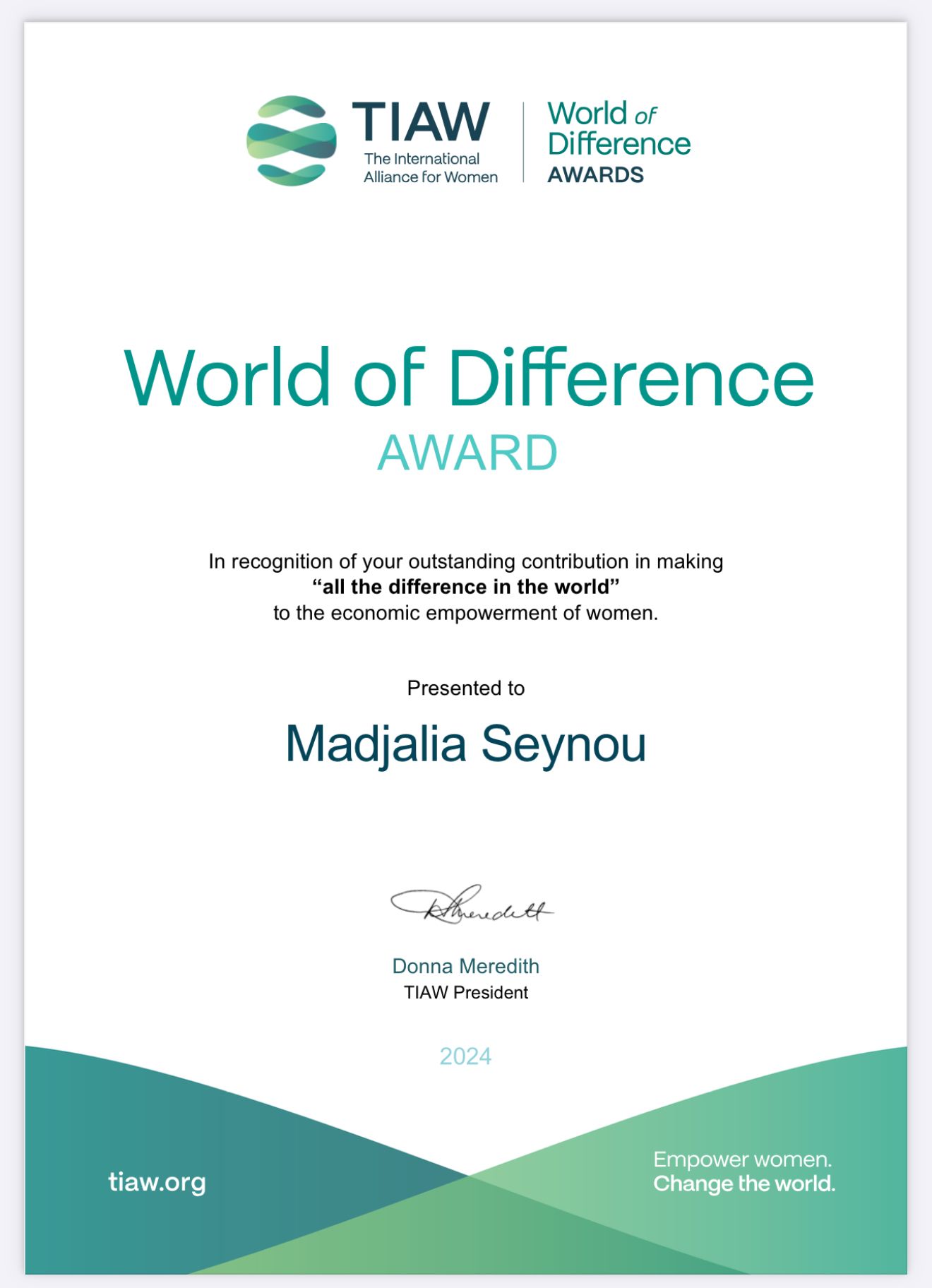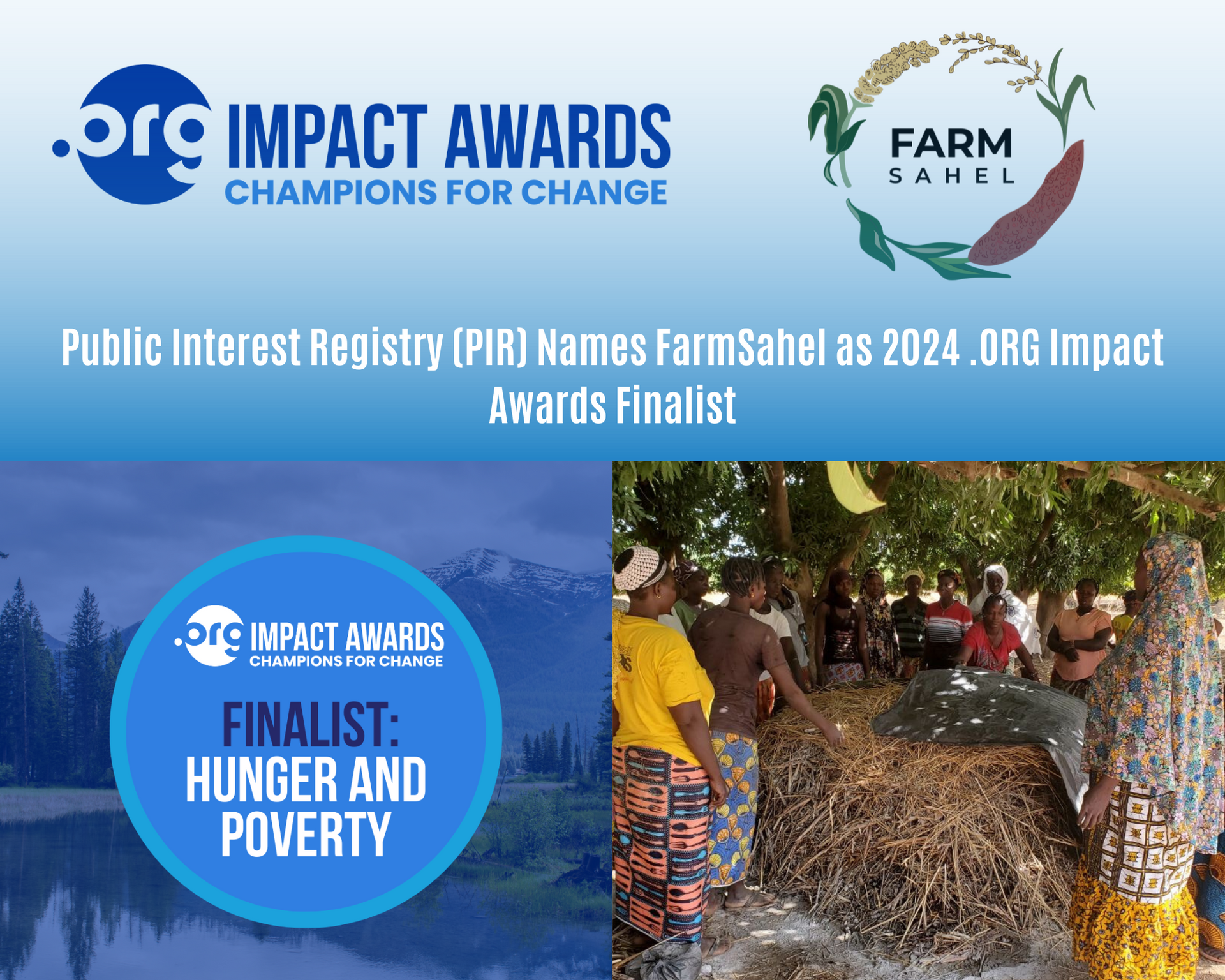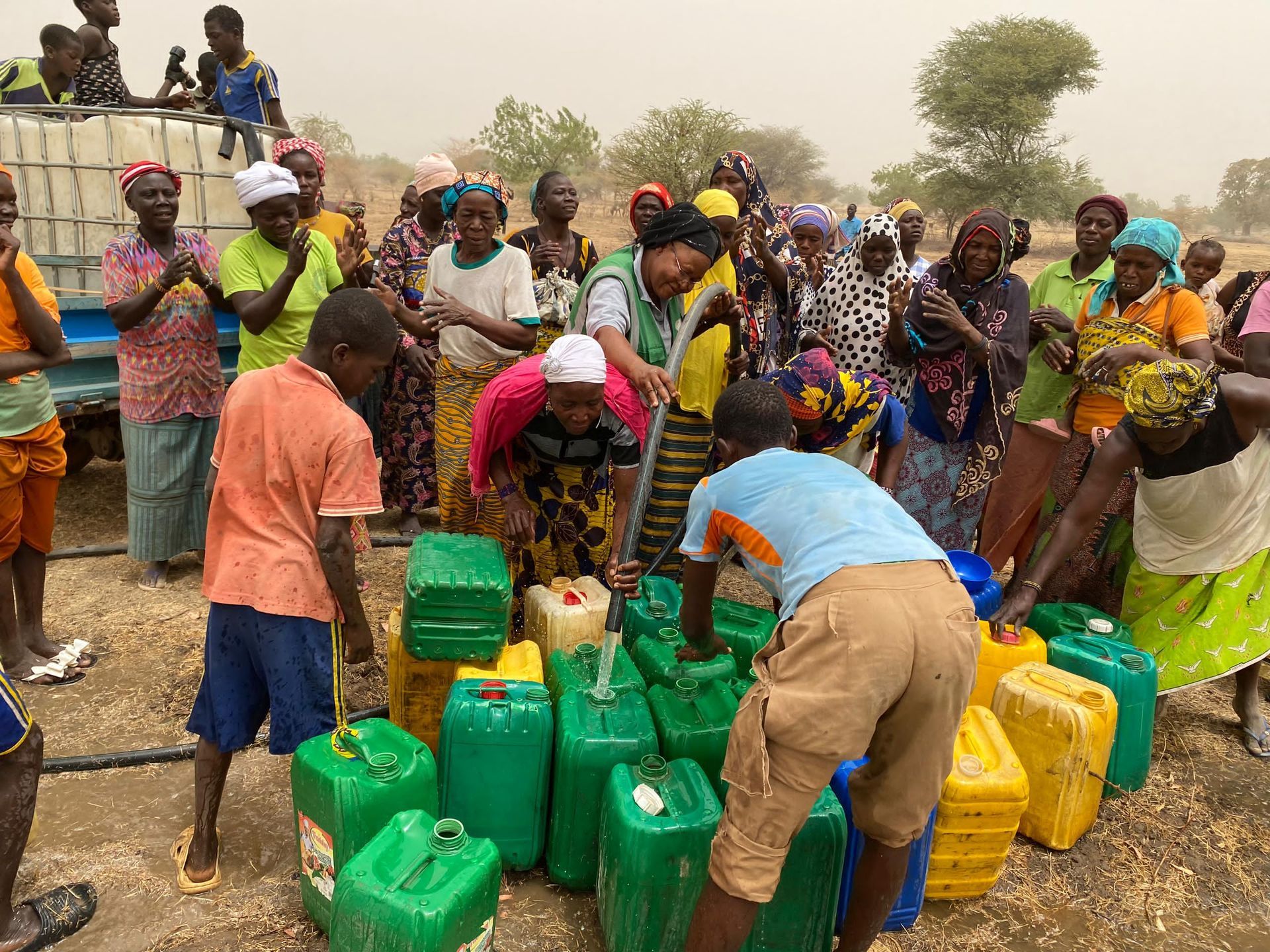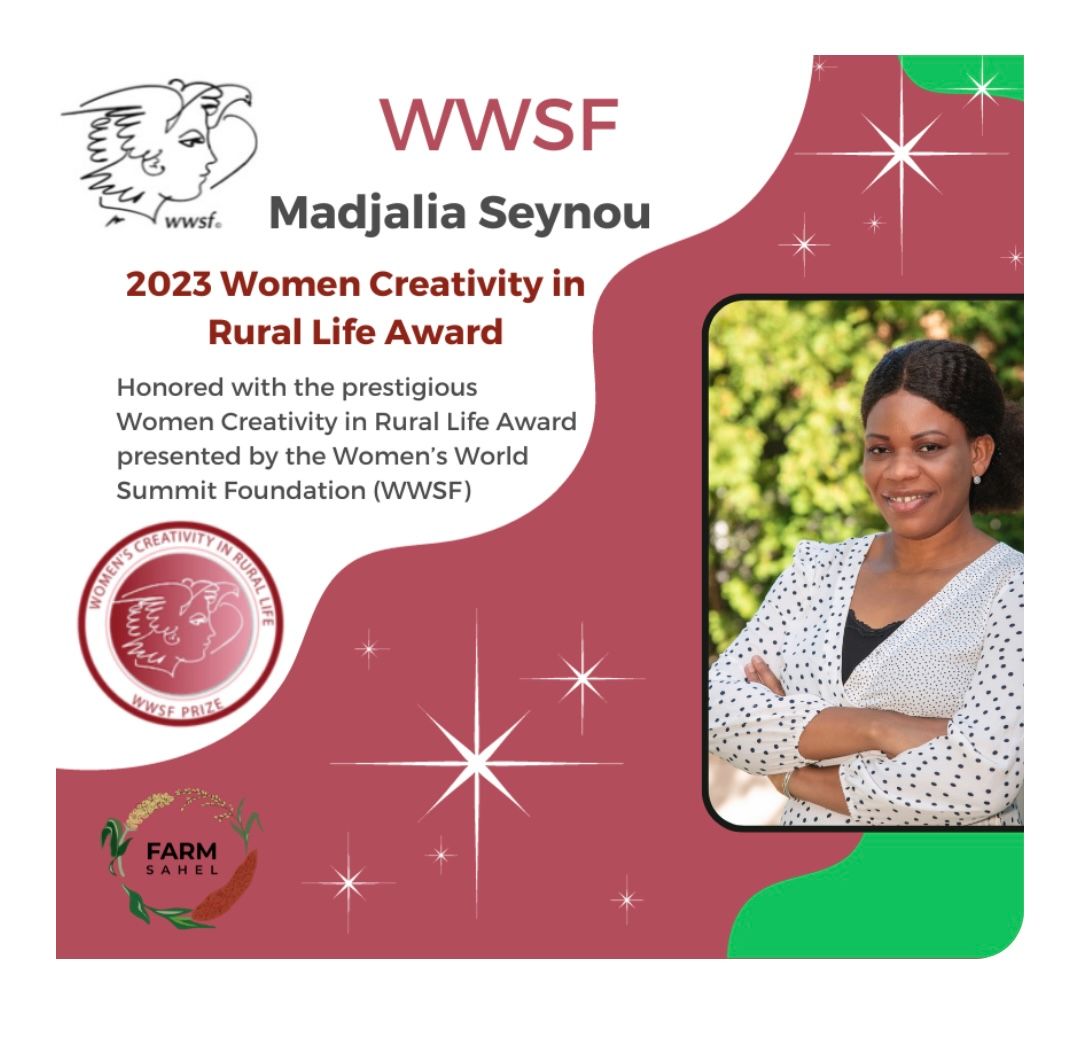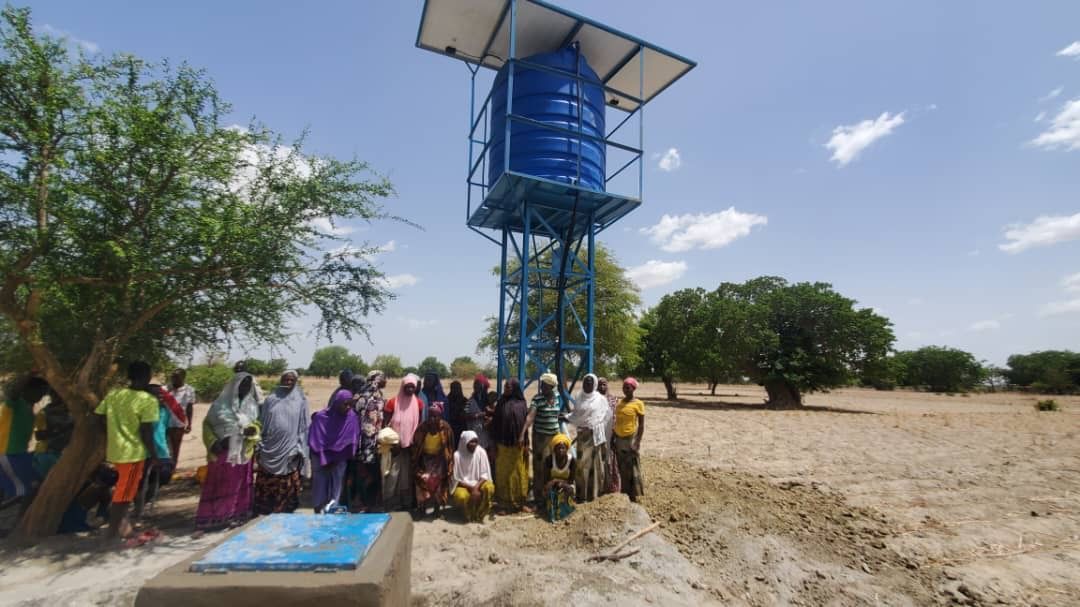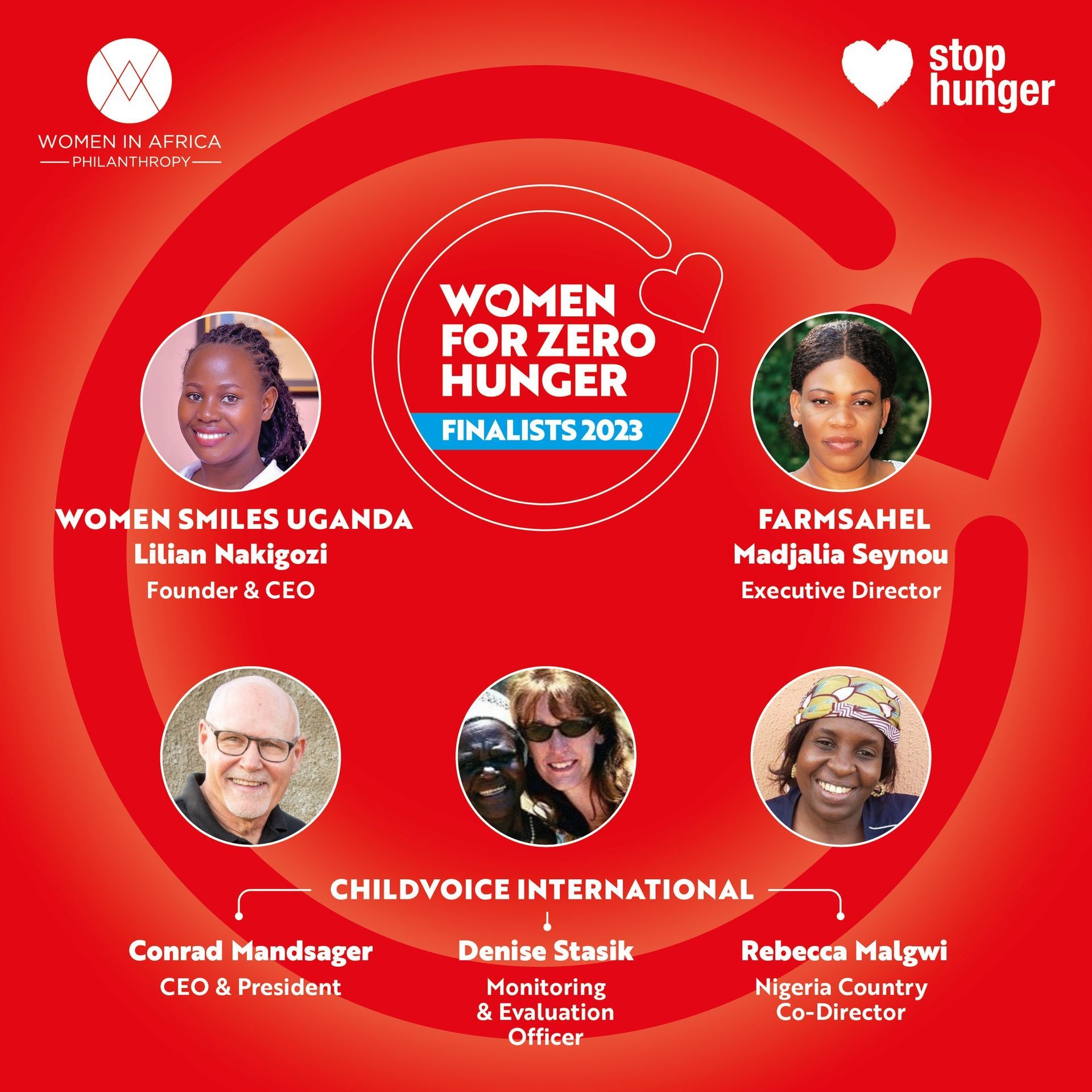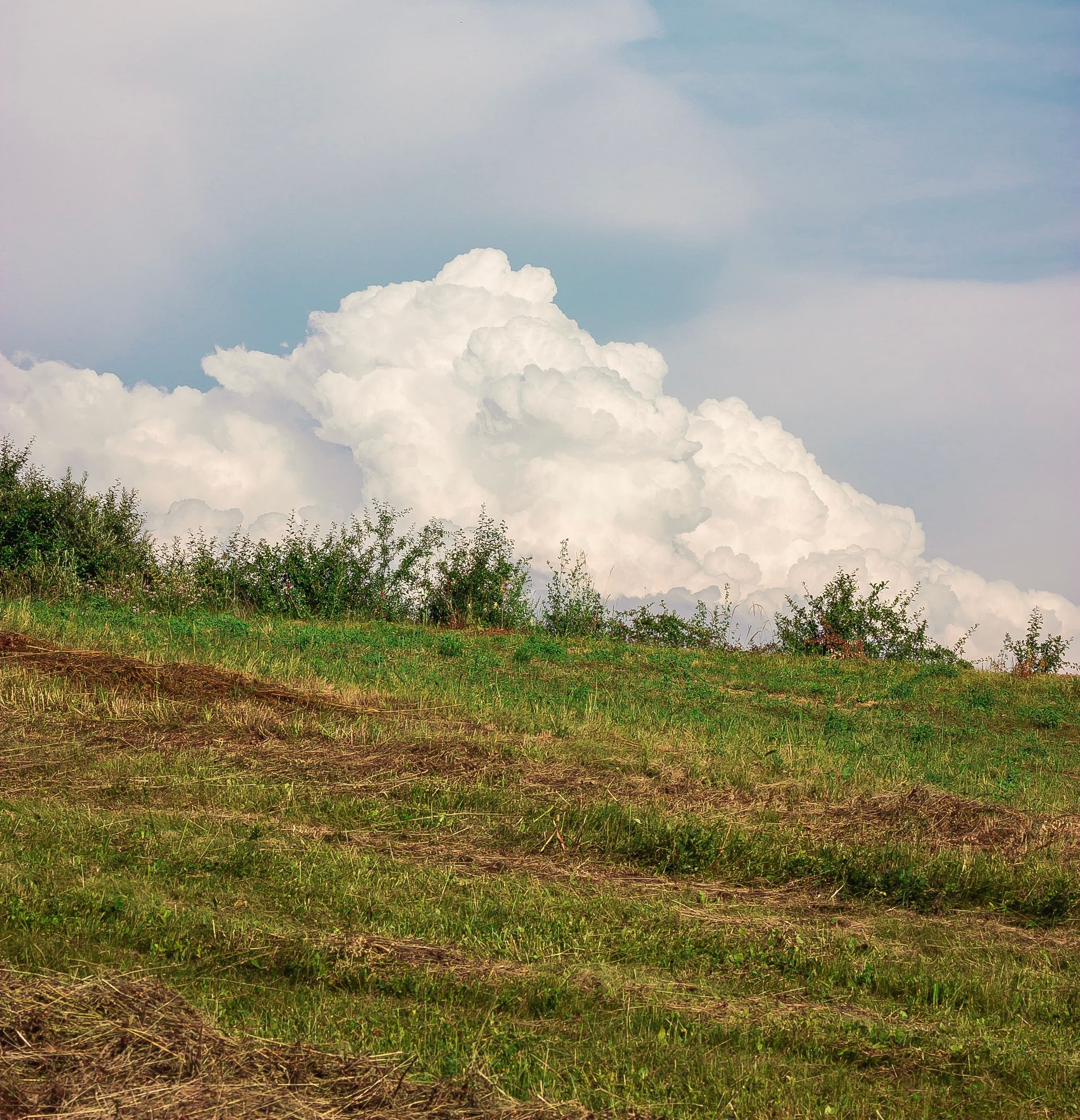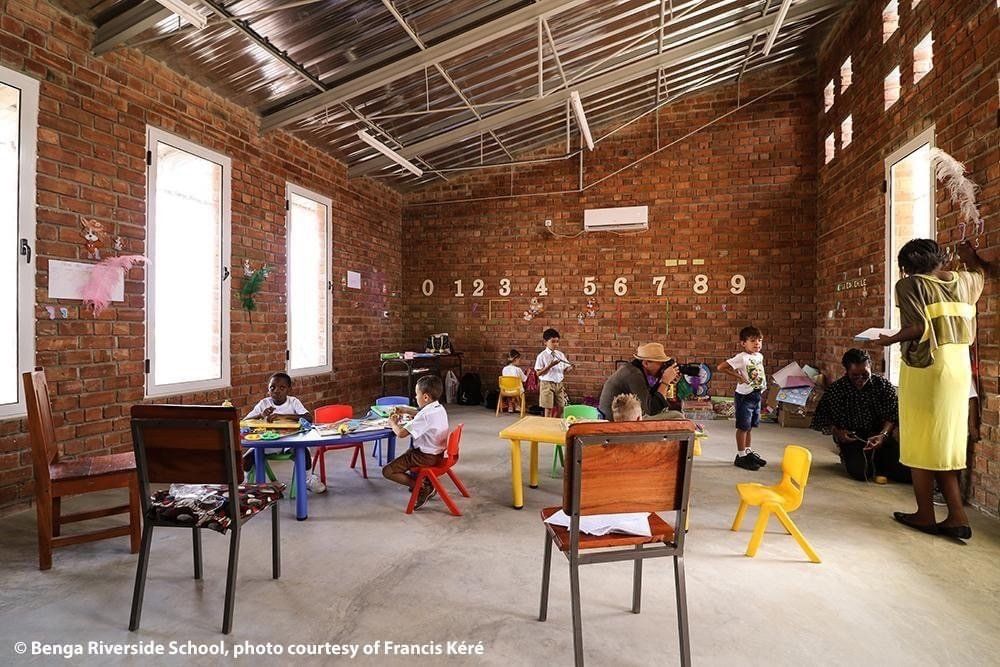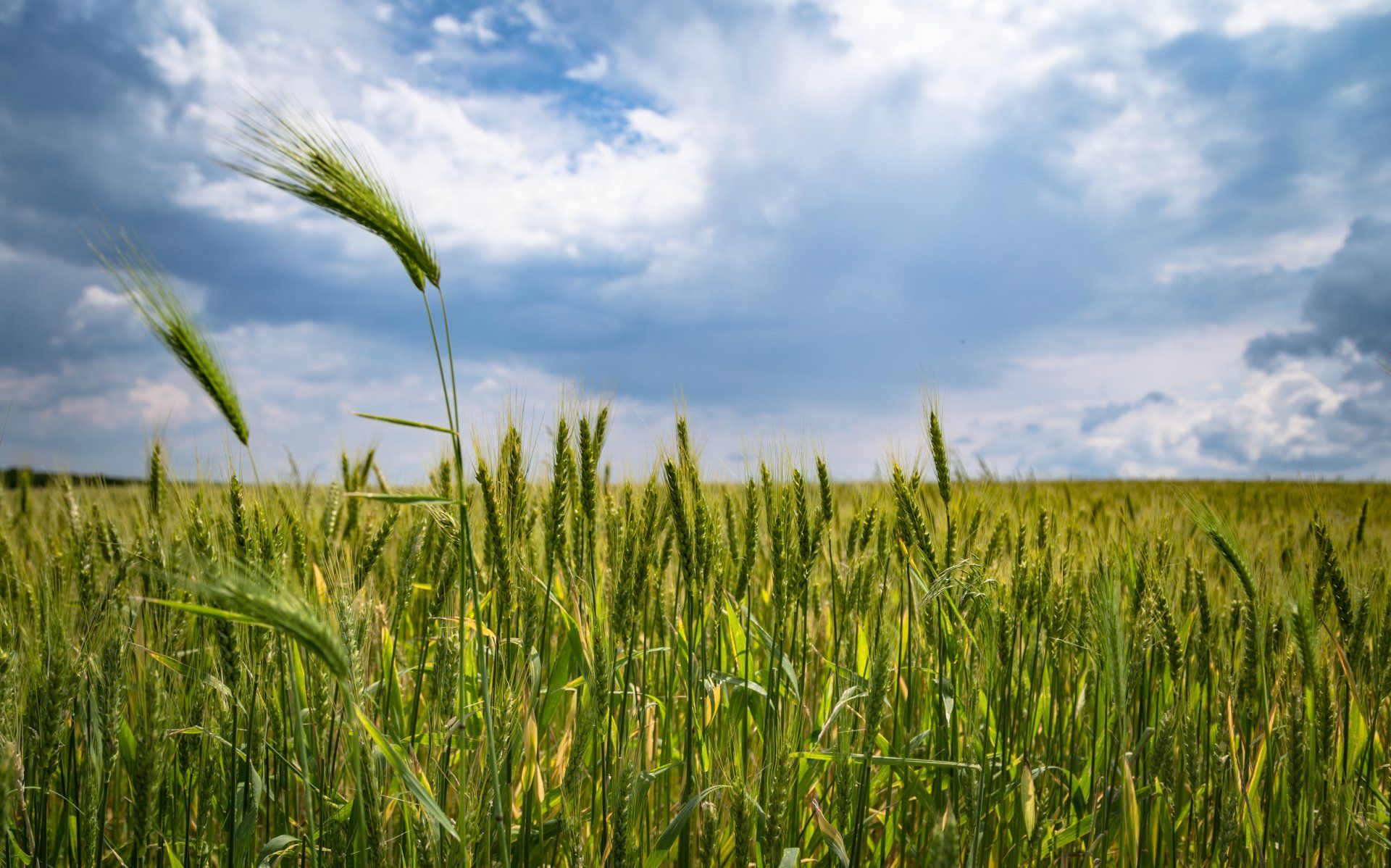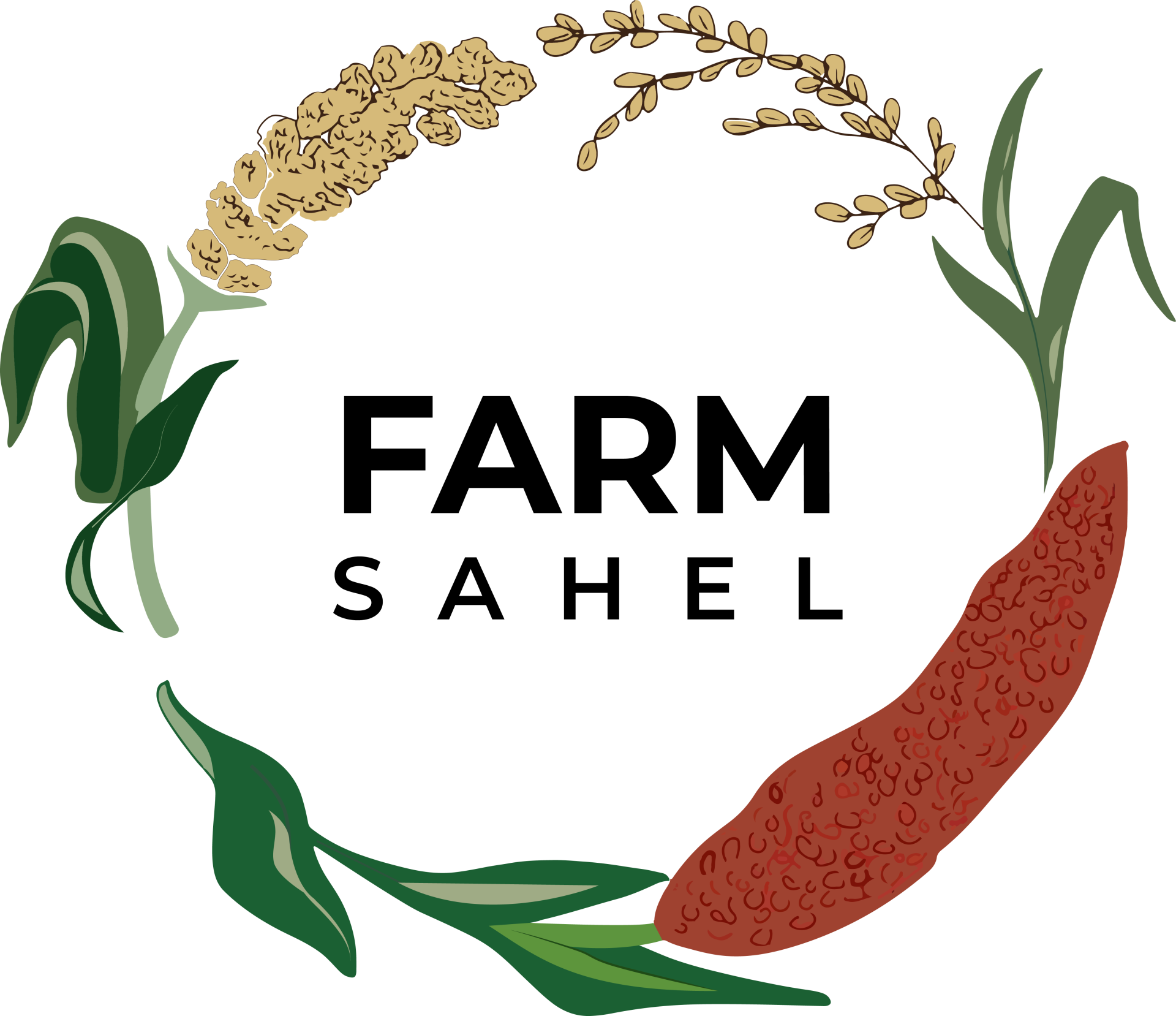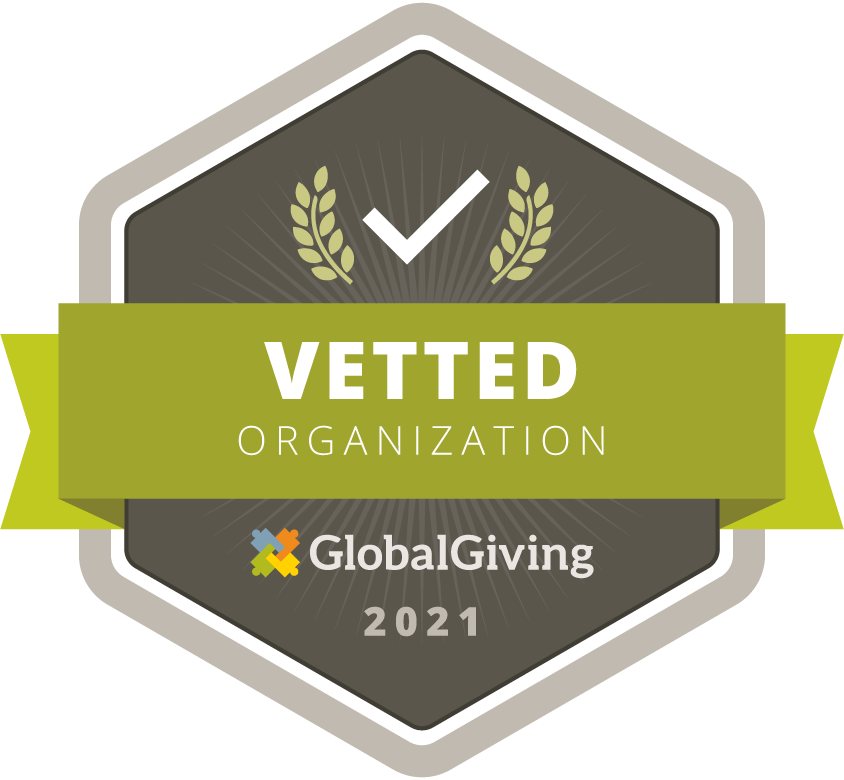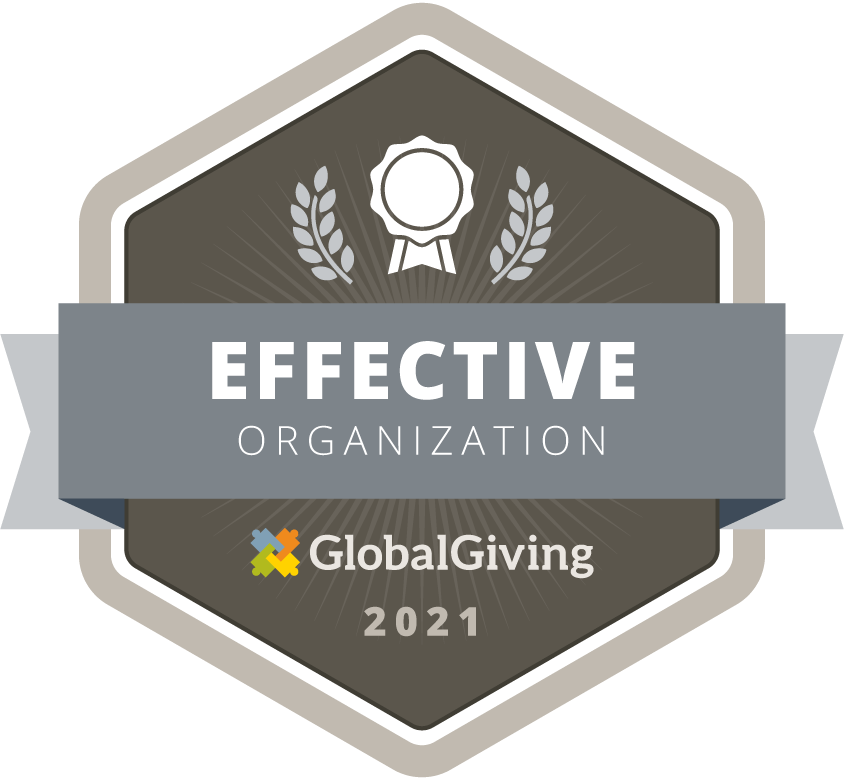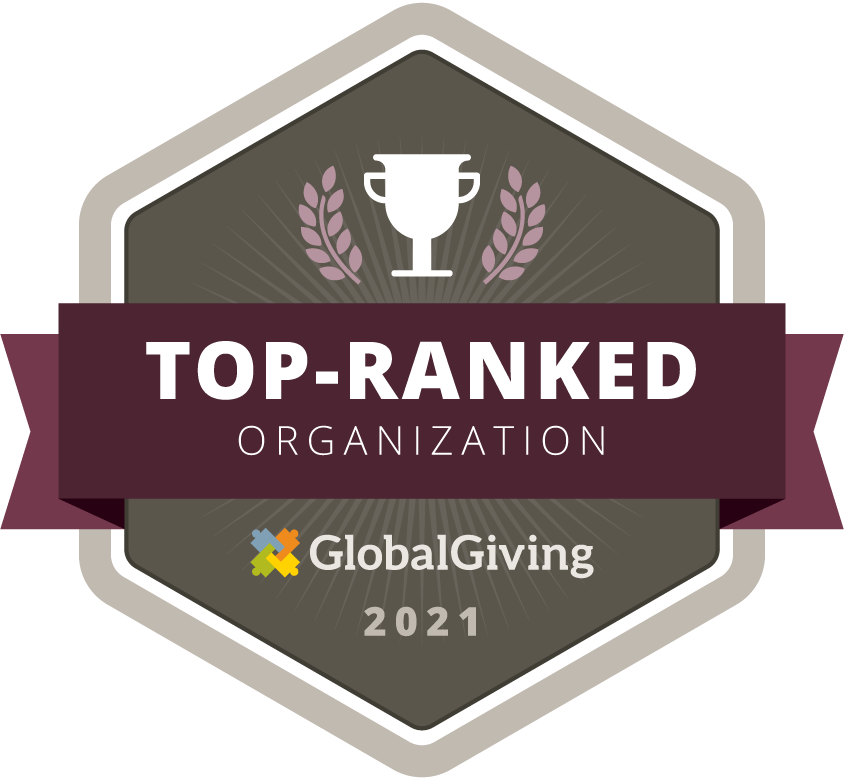The Cost of War: An Uneasy Peace in Tigray
War has shown that a nation, once seen as a model in a region, can erode any sense of stability and humanity. Ethiopia was seen as the gold standard in a world mired in war. It was free from conflict for decades and saw economic growth near 9% year over year in the 21st century. Ethiopia is one of Africa's oldest nation-states, sitting on the horn of Africa overseeing the Red Sea's entrance into the Indian Ocean. While fighting may not have occurred directly in Ethiopia, tensions grew, and divisions started to run deep.
During Ethiopia's high economic growth, the Tigray People's Liberation Front, or TPLF, was in power. The ethnic minority called Tigrayans come from a mountainous region in the north of Ethiopia. During their grip on power, the TPLF ruled with an iron fist. Torture was commonplace in federal prisons, and the Prime Minister swiftly suppressed political opposition. This added to the long-standing ethnic tensions that recently came to a boiling point in the country.
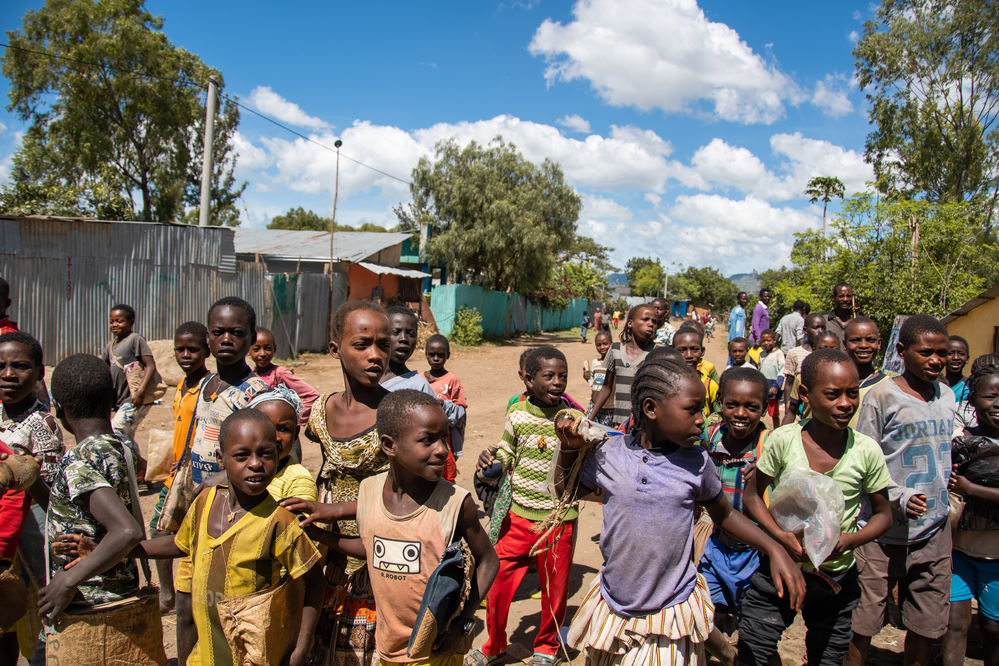
Tigrayans only account for about 7% of Ethiopia's population, although they ruled the country for 27 years. Their reign came to an end when Prime Minister Zenawi died in 2012. Protests started swiftly by oppressed majority groups, and by 2018, the Ethiopian Prime Minister Abiy had taken power. Once Prime Minister Abiy and his party took control, he purged corrupt politicians and signed a peace agreement with neighboring Eritrea, a longtime adversary. Others saw this as a consolidation of power by Abiy. The 'corrupt politicians’ he purged were usually opposition leaders who did not get a fair trial. Furthermore, the peace agreement signed with Eritrea ostensibly became a declaration of war against a common enemy, Tigray. Despite the opposing viewpoints, Prime Minister Abiy won the Nobel Peace Prize for his work on brokering a peace deal between the two countries in 2019.
As the new Prime Minister was arresting political opposition and putting some on trial for human rights abuses and corruption, the TPLF supporters had to retreat into the mountainous region of Tigray. Tensions were at an all-time high when Mr. Ayib called for a postponement of parliamentary elections in September 2020, citing the coronavirus pandemic. Tigray held the elections in the region anyway. In response, the government cut Tigray's budget, and the Tigray People's Liberation Front was labeled a terrorist organization by parliament in Ethiopia. Then in November 2020, TPLF forces attacked a federal military base within the Tigray region. The TPLF claimed this was a preemptive attack and that the federal troops were planning to attack within the Tigray region. Either way, it was the start of a bone chilling war.

Hours after the TPLF attacked federal forces, Ayib announced a military operation in Tigray that would be a quick and bloodless victory. Using knowledge of the terrain and guerilla warfare, TPLF forces were able to quell any underestimation the federal troops carried. Fighting went on for months, but by June 2021, federal forces surrendered. They suffered heavy casualties, many being taken prisoner, and they retreated from the Tigray region. TPLF forces continued to push the now broken federal forces back. In November 2021, Prime Minister Ayib secured military drones from Iran, the United Arab Emirates, and Turkey. These drones turned the TPLF forces on their heels. The TPLF was now suffering heavy casualties, and they lost all ground as they retreated into the mountainous stronghold of Tigray.
Through more than 16 months of brutal fighting, the innocent civilians caught in the crossfire have suffered the most. In a region on the front lines of climate change where already 20 million people are in crisis, war brought a devastating and lasting scar to the population. Prime Minister Ayib had blocked any humanitarian aid from reaching the most vulnerable populations throughout the fighting. The Guardian reports, "A vengeful cycle of atrocities and possible war crimes have inflicted on civilians from all sides of Ethiopia's civil war and has left a poisonous legacy of mistrust."
A very loose peace agreement has been reached, allowing some outside aid and investigators to enter both Ethiopia and Tigray. Ayib still has blocked road access into Tigray but is allowing planes into the region, which will help alleviate some of the suffering felt by over 9.4 million people. Children are most at risk from this blockade, unable to access essential items to sustain healthy growth.
Allowing humanitarian aid to enter the region was supposed to be a sign of good faith. Still, as investigators from the United Nations enter the region, they are worried that the scars are now too deep to heal. The UN led investigation corroborated witness testimony to numerous human rights violations, massacres, ethnic cleansing, and widespread sexual violence. Human Rights Watch also reported and accused Tigrayan forces of executing civilians in previously captured areas. Moreover, while there were previous peace agreements to allow humanitarian aid, they quickly fell apart. Most horrifyingly, on January 8th federal forces launched a drone strike on a Tigrayan camp for internally displaced peoples killing 56. This prompted humanitarian aid workers to pull out of the region as there was a significant flare-up in fighting. In December of 2021, the Washington Post reported that the UN Human Rights Council agreed to establish a team to investigate possible war crimes committed by all parties in the conflict. Still, fighting continues along the border of Ethiopia and Tigray. The United States has claimed an ethnic cleansing campaign of Tigrayan people as small-scale clashes erupt on the border with federal forces.
With wars being fought around the globe, one thing is clear, no matter the treaties, no matter the conventions, rules for war are arbitrary. Civilians have and always will feel the brunt of the conflict. The innocent mothers just trying to raise their children, the elderly seeing the prosperous city they grew up in be demolished to rubble, and children stunted in growth and haunted by memories of war. Although the current peace agreement is being followed, we can only hope a more concrete treaty can be signed to stop the fighting entirely.
Neighboring countries worry about their fate as Ethiopia was an anchor of peace in a tumultuous region. As seen in the Sahel, fighting and disruption can spread quickly. It is always important to remember the individuals affected by conflict, the people who are only trying to survive but get caught in a war they have no control over. It is these people that FarmSahel is helping. Our programs are designed to push families out of poverty so if war comes, they have the disposable income to protect themselves and their family.
